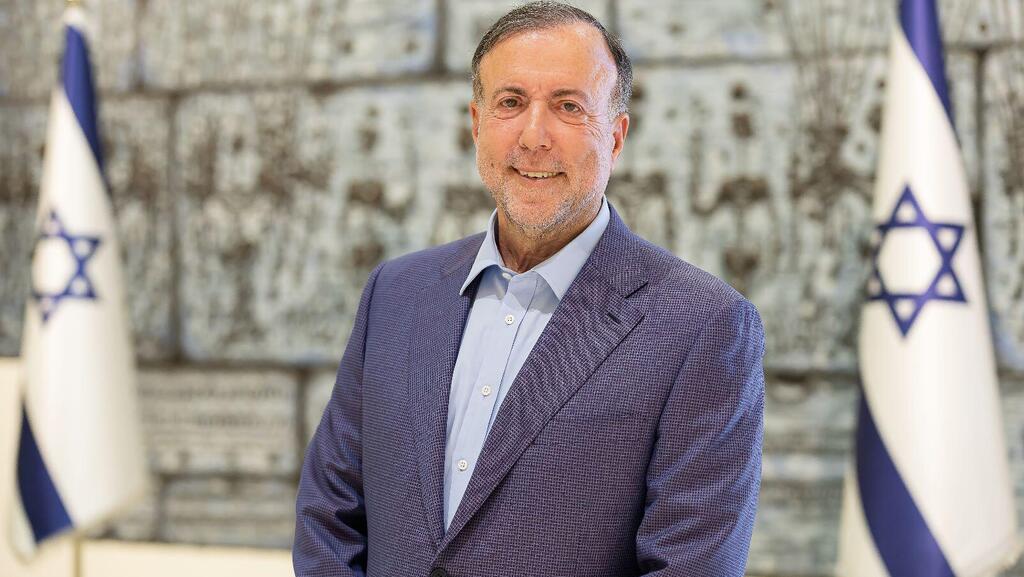Getting your Trinity Audio player ready...
David Hagar, an Israeli-American businessman who has been advocating for the Haredi draft says it is unrealistic to expect all ultra-Orthodox men of conscription age, would be able to serve in the IDF.
In an interview with Ynet Hagar said the military already struggles to accommodate the Haredi soldiers among its troops, even in the one dedicated battalion set up to allow them to continue within the confines of their religious belief.
"You cannot believe the headache it causes the military," he said. Every battalion must allocate soldiers for specific training that is held in mixed male and female groups and is often given by women soldiers," he said adding that senior IDF officers told him the military would only be able to handle two more such battalions and no more.
Haredi extremist protest against the draft
( Gil Yohanan)
How many soldiers would two more battalions include?
Between 1,000 and 1,200 only.
How has the war changed the situation?
After the war began, the IDF decided to establish a Haredi brigade and claimed it could absorb 3,000 ultra-Orthodox soldiers in the first year so not all Haredi men must enlist simply because the military cannot take them in.
This is a more complex issue than how many are drafted and there must be equality among all sectors. Let's talk about the Haredi community. What has to change there?
There is a change from the bottom up. I recently asked a prominent rabbi why Yeshiva heads don't tell men who do not study full-time, to go into the army and he told me those who do not study, should enlist, which is a major shift, But he also argued that no one can decide how many hours of study is enough to be considered a Yeshiva student. Some study 12-hour days others less.
Hagar was among the people behind the establishment of the IDF's Haredi battalion and invested a great deal of money over the past 25 years, in the effort. He says he expected it to bring more ultra-Orthodox men to serve in the military.
That money could have been invested elsewhere
I used to sit with then chairman of the Israel Bank, Stanley Fischer and would tell him that I believed that within four decades, the burden on Israel's economy from Haredi's absence from the job market would require more taxes on the rest of the population. A Haredi family today costs the Israeli taxpayers some 17,000 shekels each month.






